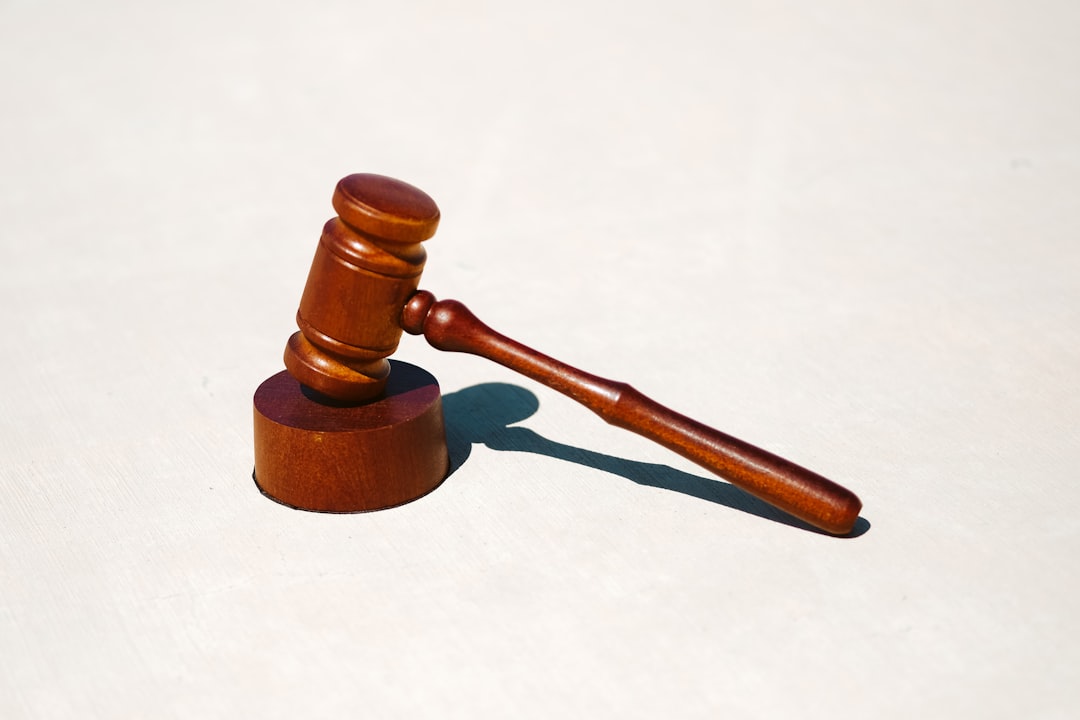Sexual abuse law firms in Pittsburgh, PA play a crucial role in supporting survivors by offering confidential representation and guiding them through legal protections that safeguard anonymity. These firms assist clients in understanding their rights, pursuing justice, and maintaining confidentiality, leveraging the city's privacy laws to create a secure environment for sharing stories and taking legal action against perpetrators. Pittsburgh's court system further prioritizes victim safety and confidentiality through robust protective orders, strict protocols, and remote testimony options facilitated by these specialized law firms.
In Pittsburgh, Pennsylvania, survivors of sexual abuse find a supportive system aimed at protecting their anonymity. This city’s courts have implemented robust measures to ensure confidentiality, fostering a safe environment for victims to come forward. The role of sexual abuse law firms in Pittsburgh is pivotal, offering specialized legal assistance while upholding the anonymity and privacy rights of clients. This comprehensive guide explores how Pittsburgh’s legal framework safeguards survivors, providing insights into the critical support available through local sexual abuse law firms.
Understanding Pittsburgh's Laws on Anonymity for Survivors of Sexual Abuse

In Pittsburgh, survivors of sexual abuse have legal protections that safeguard their anonymity. These laws are designed to empower individuals who have experienced such trauma by ensuring they can come forward without fear of public disclosure. The state of Pennsylvania has specific regulations in place that allow survivors to protect their identities during legal proceedings related to sexual assault.
Sexual abuse law firms in Pittsburgh PA play a crucial role in navigating these laws. They assist survivors in understanding their rights, helping them seek justice while maintaining confidentiality. By leveraging the city’s anonymity protections, these law firms provide a safe space for clients to share their stories and pursue legal action against perpetrators, fostering a culture of safety and support for survivors.
The Role of Sexual Abuse Law Firms in Protecting Anonymity

In the fight for justice and healing, sexual abuse law firms in Pittsburgh, PA play a pivotal role in protecting the anonymity of survivors. These specialized legal entities understand the delicate nature of such cases and employ robust measures to safeguard clients’ identities. By handling sensitive information with utmost discretion, they create a secure environment where survivors can come forward without fear of exposure or stigma.
Pittsburgh’s sexual abuse law firms often employ innovative strategies to maintain confidentiality. This includes utilizing sealed court records, anonymous filing procedures, and secure communication channels. They also advocate for survivor-centric policies, ensuring that every step of the legal process respects and protects their privacy. Such efforts foster a culture where survivors can seek justice while preserving their anonymity, crucial for healing and moving forward.
How Pittsburgh Courts Ensure Confidentiality and Safety for Victims

Pittsburgh courts have implemented robust measures to ensure confidentiality and safety for victims, especially those who have experienced sensitive cases like sexual abuse. These protective orders are a cornerstone in preserving anonymity, safeguarding individuals from potential retaliation or embarrassment. By maintaining strict privacy protocols, the legal system creates a secure environment for survivors to come forward and share their stories without fear.
Local courts prioritize the well-being of victims by allowing them to participate in proceedings using various methods that avoid public exposure. This includes closed-door hearings, where sensitive details are kept confidential, and remote testimony options facilitated by sexual abuse law firms in Pittsburgh, PA. Such accommodations ensure that victims can pursue justice while maintaining their privacy and anonymity, fostering a safer and more supportive legal process for all involved.





